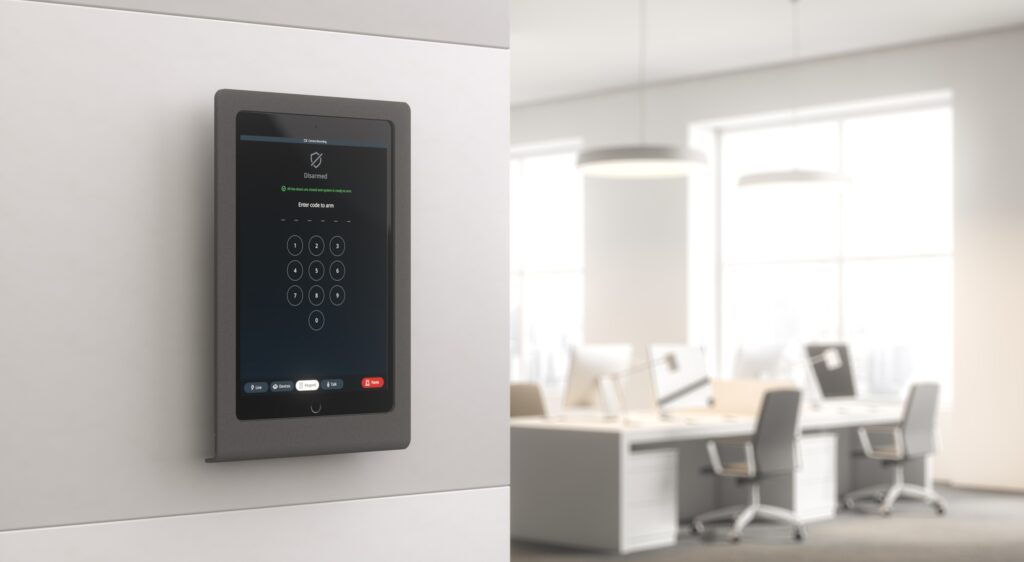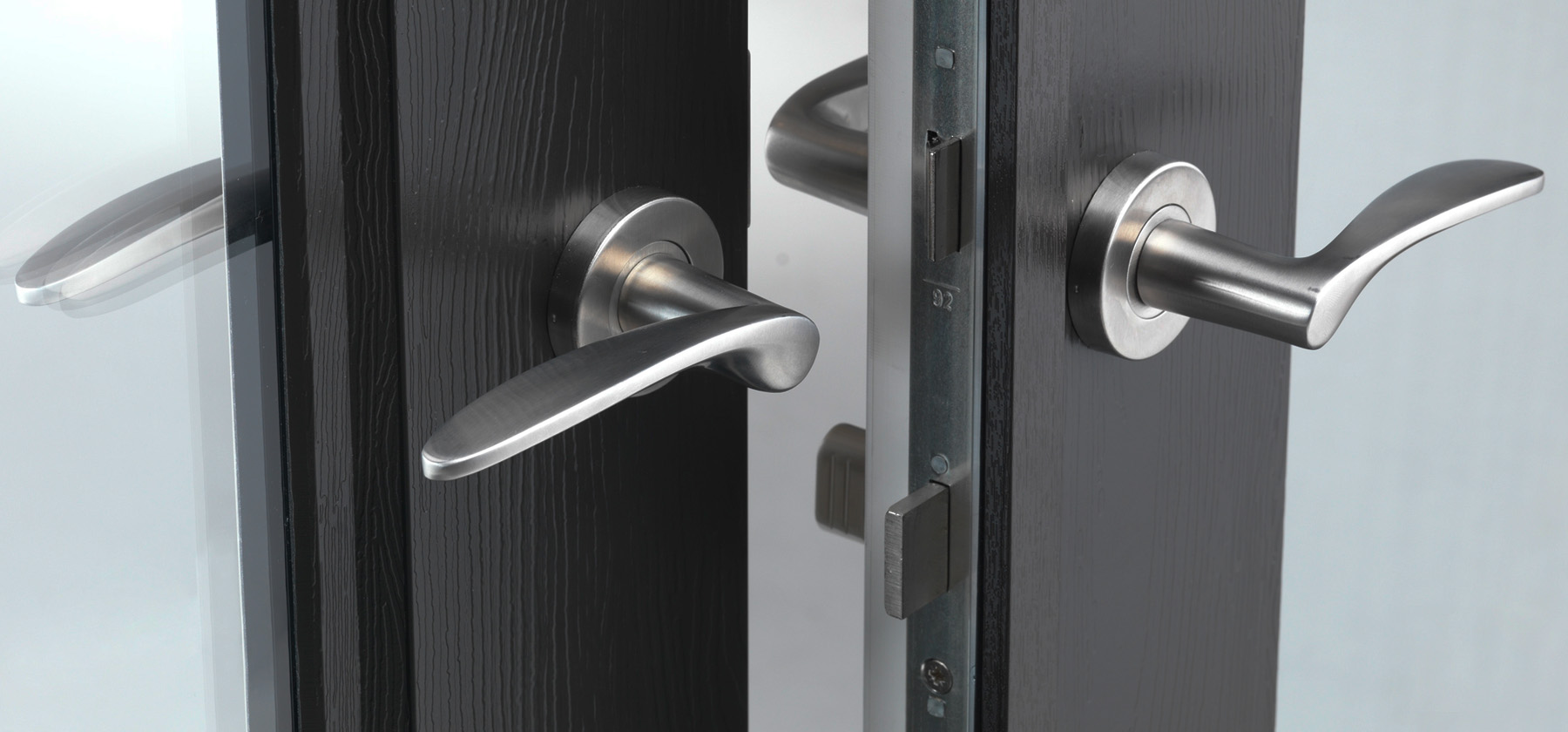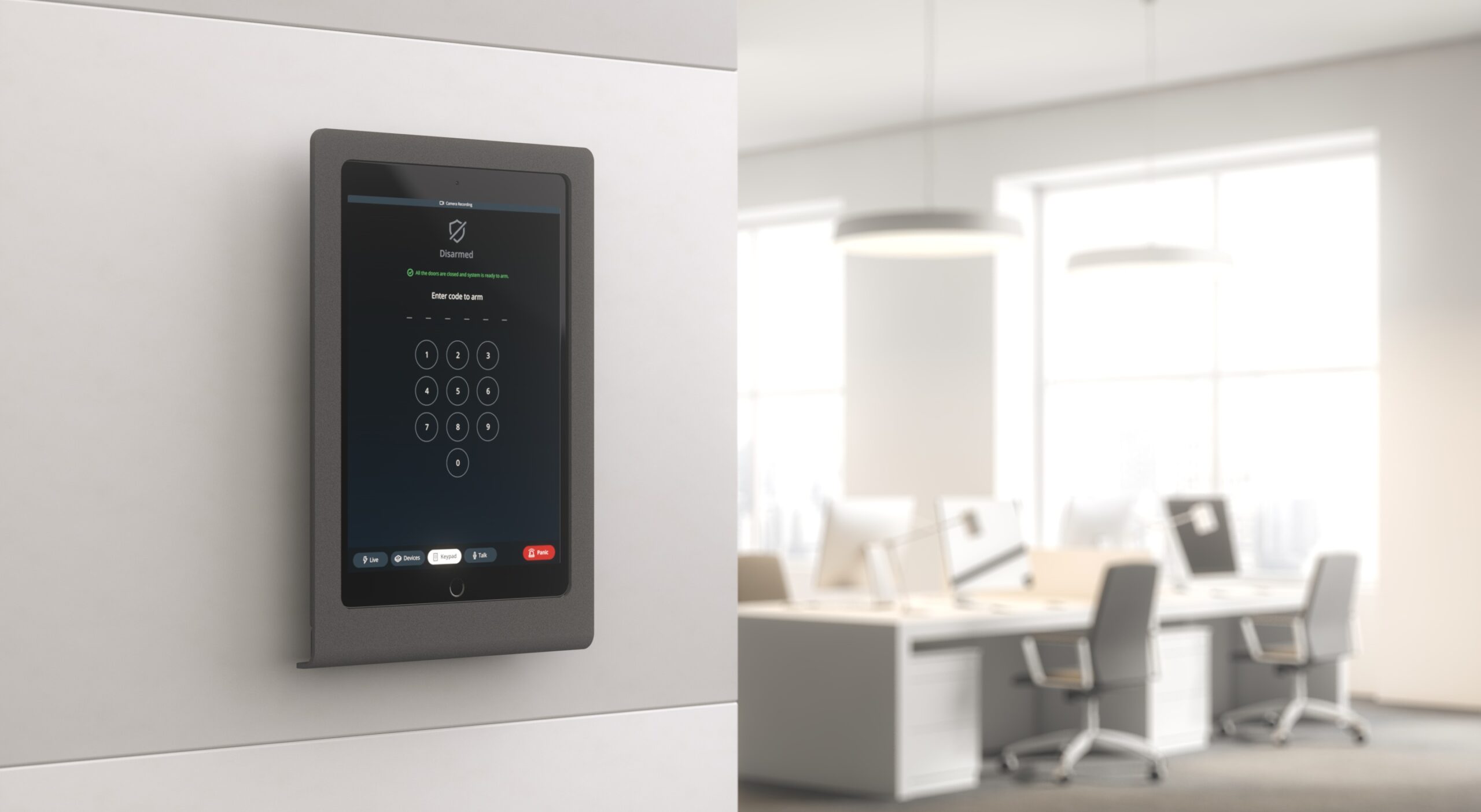
Introduction: The Changing Face of Security in Business Access
Access Control is reshaping how businesses think about safety, especially when compared with traditional keys that many still rely on daily.
As organizations grow more tech-savvy, the need for adaptable, traceable, and secure entry systems becomes crucial to protect physical and intellectual assets.
Unlike keys, which can be lost, copied, or stolen, modern Access Control offers real-time monitoring and remote capabilities to prevent unauthorized access.
This article explores the debate between Access Control and traditional keys and answers the core question: what’s ultimately safer for your business?
From system complexity to cost and day-to-day usability, we will help you understand what solution works best for modern commercial security.
1. Understanding Traditional Keys: Familiar But Flawed
Traditional keys are the most recognizable form of access control, but their simplicity often hides serious limitations in business environments.
Pros:
- Low upfront cost: Keyed locks are often more affordable to install, especially for smaller operations or single-entry points.
- User familiarity: Everyone knows how to use a key, which requires no training or technology investment.
Cons:
- Easily duplicated: Keys can be copied without permission, putting your property at risk.
- Hard to track: There’s no way to know who accessed a space and when they did.
- Costly to replace: Losing one key often requires replacing all locks, which can be time-consuming and expensive.
- Lack of flexibility: Adding or removing access means reissuing keys or rekeying locks, which becomes a hassle.
Despite their simplicity, traditional keys provide little accountability or flexibility—two essentials for any modern business environment.
2. What Is Access Control and How Does It Work?
Access Control refers to electronic systems that regulate who can enter or exit certain areas, typically using keycards, fobs, PINs, or biometrics.
Key Features:
- Programmable access: You can allow or deny access to individuals with just a few clicks.
- Remote management: Many systems are managed through secure cloud platforms or software from any connected device.
Common Types of Access Control:
- Key card or fob systems
- PIN-based entry pads
- Biometric readers (fingerprint, retina, or facial recognition)
- Mobile phone or app-based entry
Access Control systems offer higher security, better tracking, and easier access management for both small and large businesses.
3. Security Comparison: Which Is Truly Safer?
When safety is your top priority, Access Control clearly outpaces traditional locks in both reliability and accountability.
Why Access Control Is Safer:
- Tracking and logs: You can view detailed logs of every entry and exit.
- Credential flexibility: Quickly disable lost cards or revoke access instantly.
- Reduced break-in risk: No physical keyholes mean fewer opportunities for lock picking or forced entry.
When Traditional Locks Still Work:
- Low-risk environments: Small offices or storage units might not need advanced security layers.
- Backup use: Some businesses retain mechanical locks for emergency override purposes.
Ultimately, if your business handles sensitive data or high-value equipment, Access Control offers safer and more scalable protection.
4. Cost & Maintenance: A Long-Term Investment
While Access Control systems cost more upfront, they offer long-term savings by reducing theft, lock replacements, and security breaches.
Traditional Keys:
- Upfront cost: Generally cheaper to install.
- Recurring costs: Rekeying and replacing locks over time adds up quickly.
Access Control:
- Upfront cost: Includes hardware, software, and setup.
- Ongoing savings: Easy updates and reduced downtime from lost keys or security incidents.
Choosing Access Control means thinking long-term—it’s an investment in operational efficiency and loss prevention.
5. Convenience & Flexibility: What Do Users Prefer?
Business owners and employees alike prefer systems that reduce headaches and boost productivity without sacrificing safety.
Access Control Benefits:
- Instant updates: Grant or remove access without needing physical keys.
- Multiple access levels: Set different permissions for staff, managers, or vendors.
- No lost keys: Forget about costly locksmith visits due to lost or forgotten keys.
Traditional Lockdowns:
- Rigid access: Everyone with a key gets the same access unless locks are changed.
- No time-based permissions: You can’t limit access by time or date like digital systems allow.
From front desk check-ins to after-hours access, electronic systems win in day-to-day usability and peace of mind.
6. When to Switch from Traditional Keys to Access Control
Not every business needs to upgrade immediately, but certain scenarios demand the switch to digital access solutions for better risk control.
Signs It’s Time to Upgrade:
- Frequent employee turnover
- Unauthorized access or security concerns
- Lost or untracked keys
- Need for remote or time-based control
Ideal Candidates for Access Control:
- Offices with confidential files
- Healthcare, legal, and financial institutions
- Warehouses or retail stores with inventory rooms
- Educational or daycare facilities requiring timed entries
Waiting too long to upgrade might leave your business exposed to threats that could have been easily avoided.
7. Integration & Scalability: Growing with Your Business
Access Control systems grow with your organization, easily integrating with security cameras, alarms, and attendance software.
Integration Possibilities:
- Pair with video surveillance: Match entry logs with recorded footage.
- Sync with alarms: Trigger security alerts when unauthorized access is attempted.
- Attendance monitoring: Track employee time-ins and outs with automated reports.
Unlike traditional keys, digital systems are designed to evolve with your changing business needs, offering true future-proofing.
8. Final Verdict: Access Control Is the Smart Security Choice
Access Control systems provide the modern safety, flexibility, and insights that traditional keys simply cannot compete with anymore.
In Summary:
- Access Control offers better security, real-time tracking, and ease of management.
- Traditional keys are useful for limited use but not scalable for growing businesses.
- Long-term value, efficiency, and peace of mind make Access Control the smarter choice.
Ready to Upgrade? Contact Agent Locksmith Today
If you’re considering switching to Access Control for your business, now is the ideal time to act before a security breach occurs.
Agent Locksmith specializes in commercial security upgrades, including advanced Access Control system installations that fit your needs.
We’re located at 1702 S State Hwy 121 #303, Lewisville, TX 75067, serving businesses across Lewisville and surrounding areas with top-rated locksmith services.
📞 Call us now at 469-414-3159 or visit https://agentlocksmith.net/ to schedule your free consultation today.
Choose Agent Locksmith—where your safety, convenience, and peace of mind are always our top priority.








